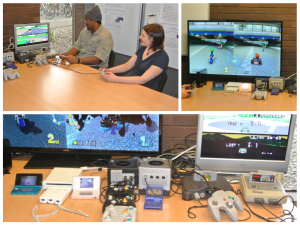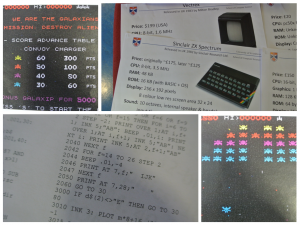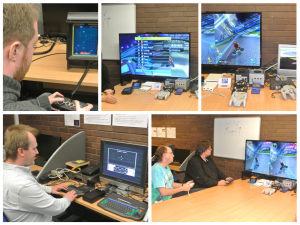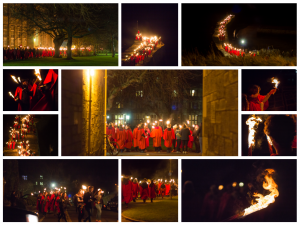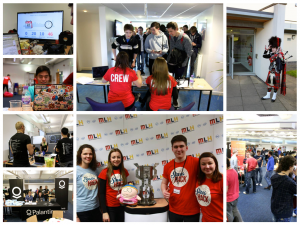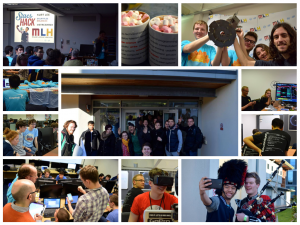Speaker: Edwin Brady
Abstract: Idris (http://idris-lang.org/) is a general-purpose programming language with an expressive type system which allows a programmer to state properties of a program precisely in its type. Type checking is equivalent to formally and mechanically checking a program’s correctness. Introductory examples of programs verified in this way typically involve length preserving operations on lists, or ordering invariants on sorting.
Realistically, though, programming is not so simple: programs interact with users, communicate over networks, manipulate state, deal with erroneous input, and so on. In this talk I will give an introduction to programming in Idris, with demonstrations, and show how its advanced type systems allows us to express such interactions precisely. I will show how it supports verification of stateful and communicating systems, in particular giving an example showing how to verify properties of concurrent communicating systems.
Bio: Edwin Brady is a Lecturer in Computer Science at the University of St Andrews. His research interests include programming language design, in particular type systems and domain specific languages. He leads the design and implementation of the Idris programming language, a general purpose functional programming language with dependent types, which he uses to implement verified domain specific languages. When he’s not doing that, he’s likely to be playing a game of Go, wrestling with the crossword, or stuck on a train somewhere.
Event details
- When: 7th April 2015 14:00 - 15:00
- Where: Cole 1.33a
- Series: School Seminar Series
- Format: Seminar



